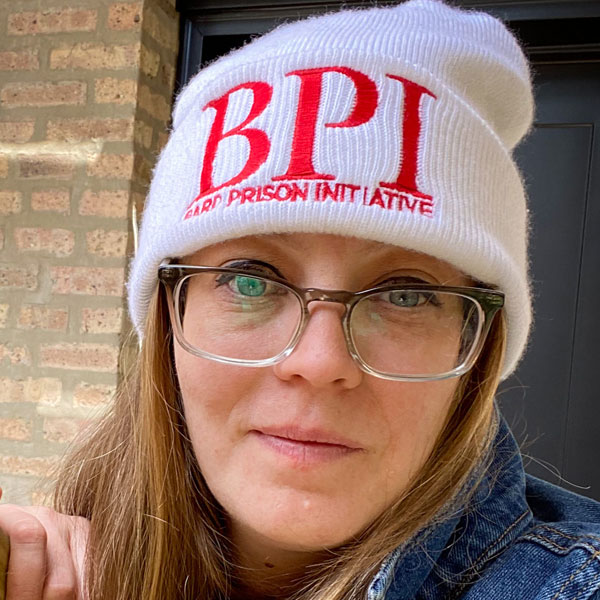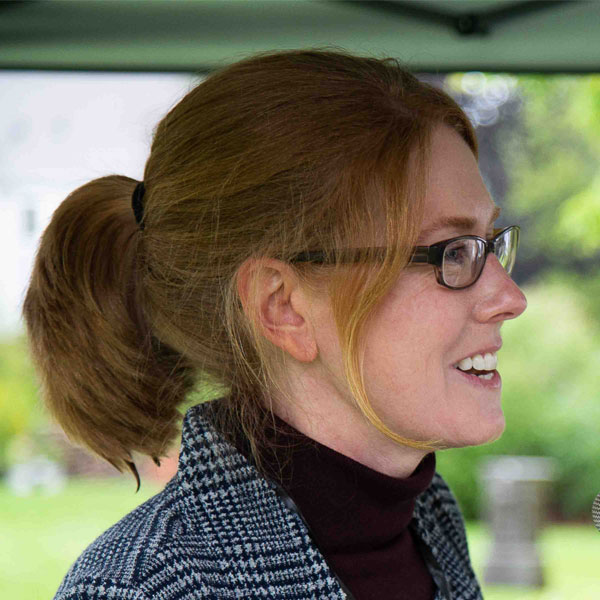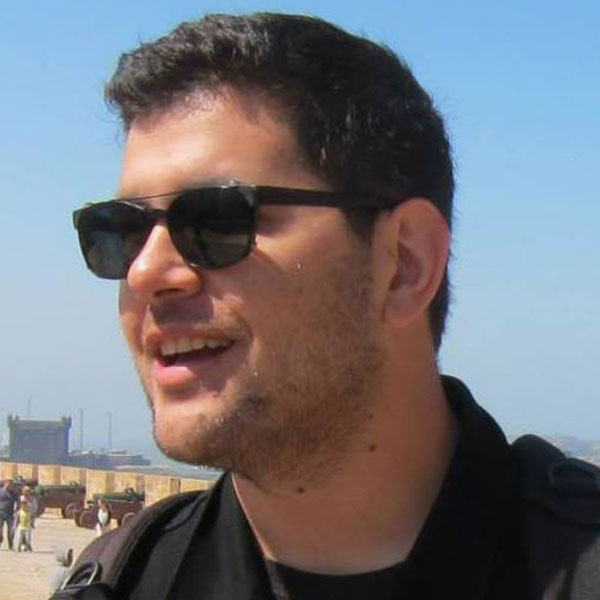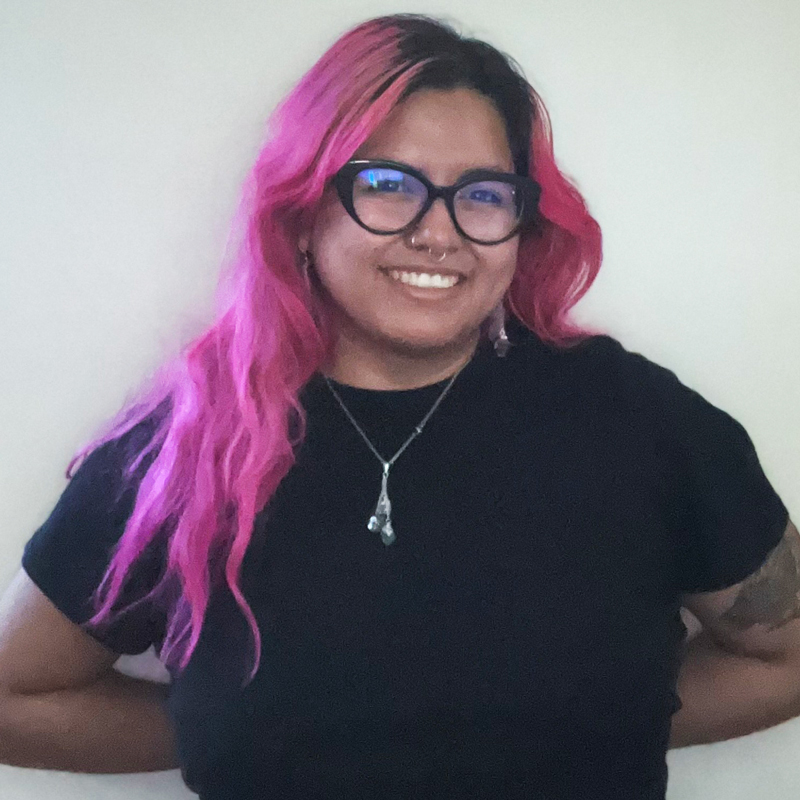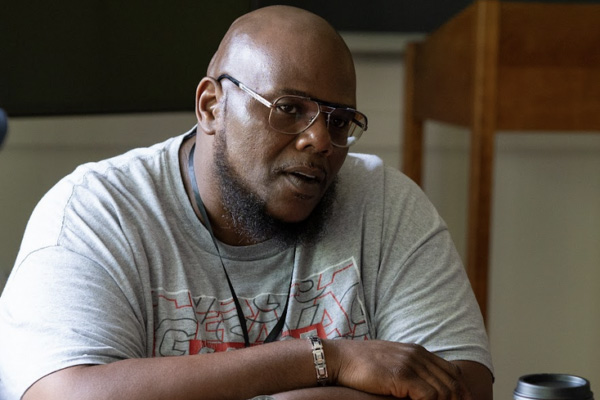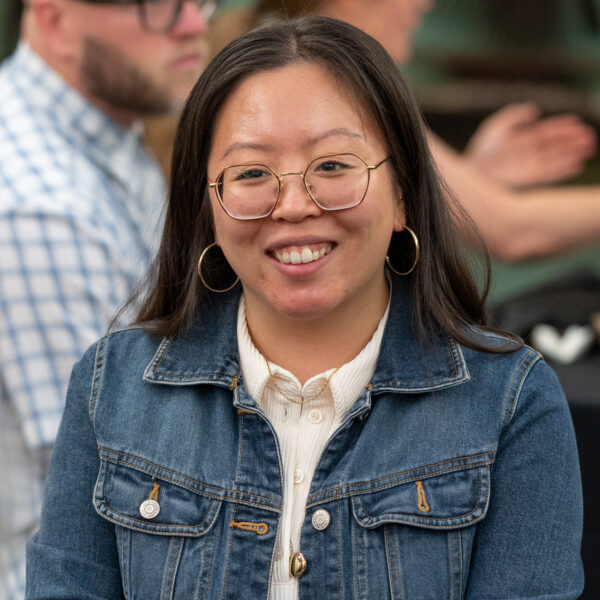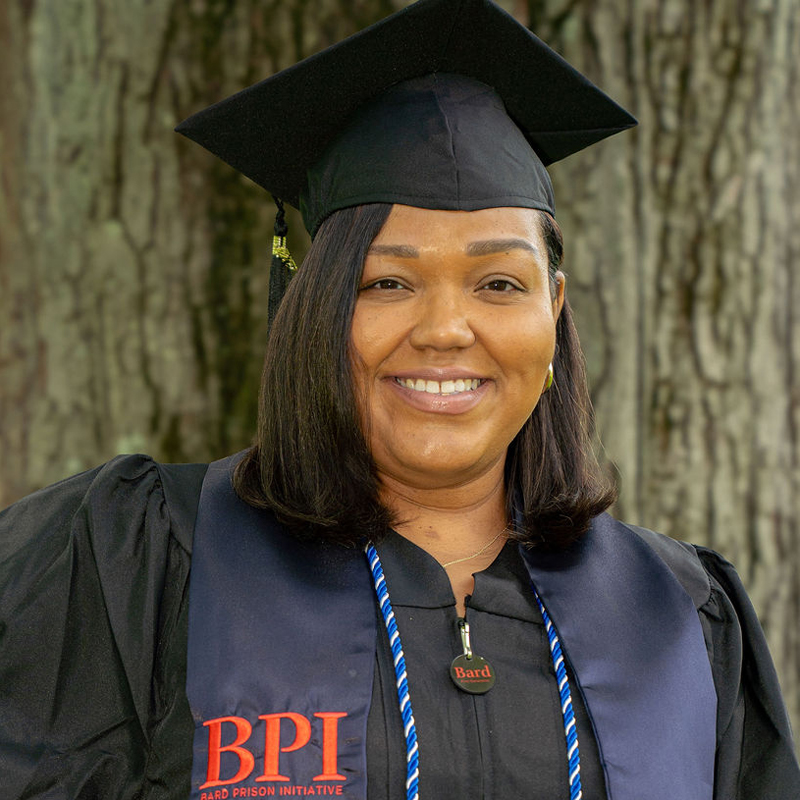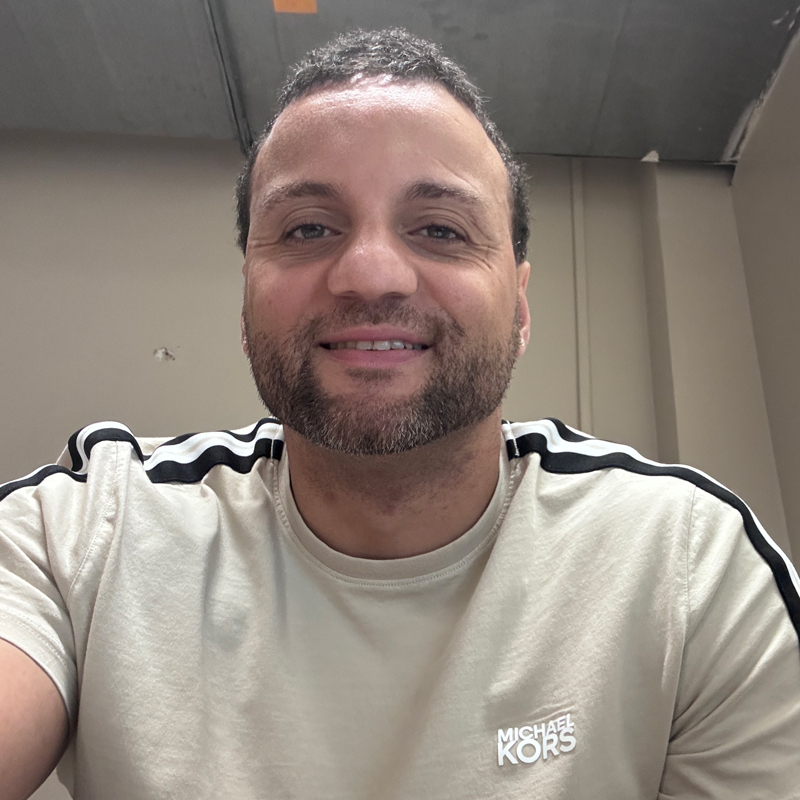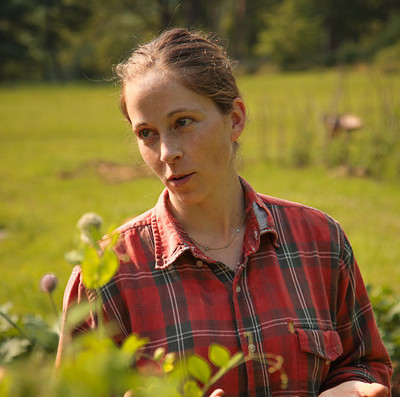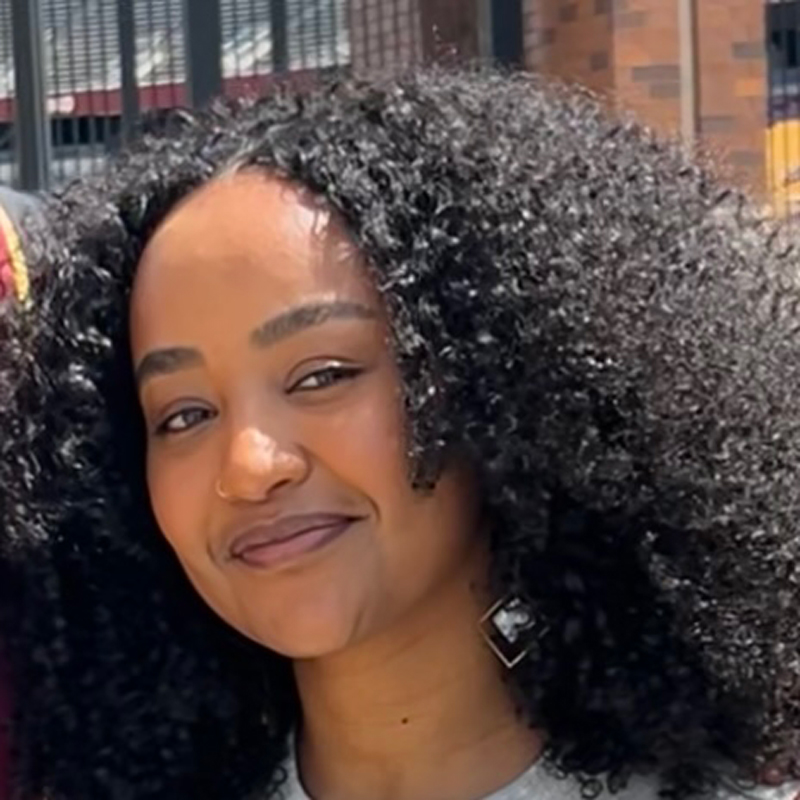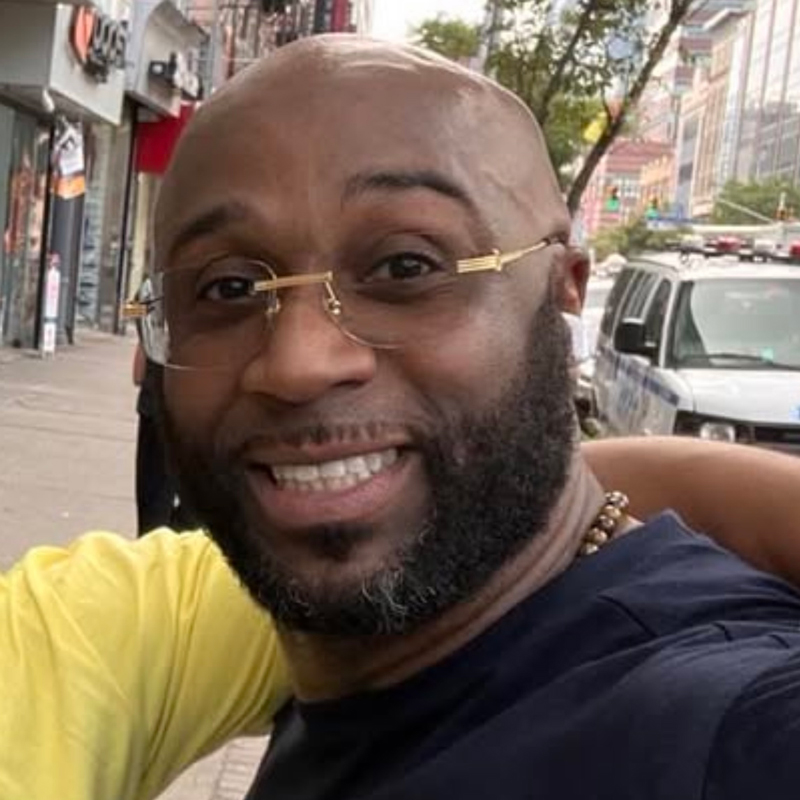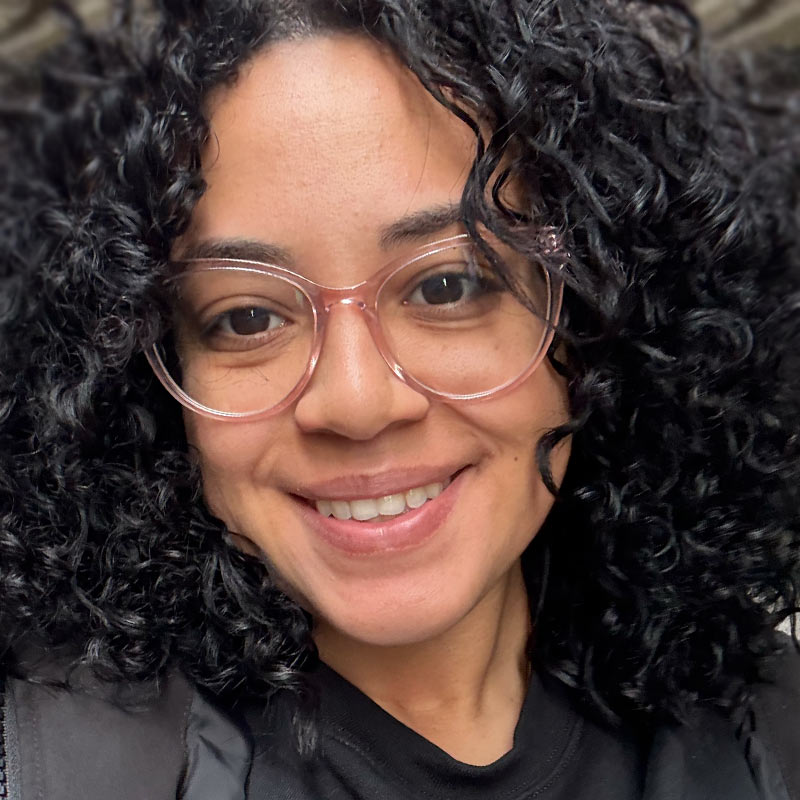Week 1 : July 13–18
Welcome Dinner
Breakfast
Introductions, Welcome, and History
Lunch
Paradoxes of College-In-Prison
Dinner
Kingston shopping trip
Breakfast
Language and Thinking: Bard’s Introduction to College
Lunch
Academic Overview and Writing Curriculum
Dinner
Planning for Degrees and Majors
Breakfast
Academic Resources I: Advising, Research Support and Libraries
- BPI students rely on research support directed by a professor on staff who manages a team of work-study students who find and print out materials for them in response to requests that may be as specific as an article citation derived from the JSTOR index, or as broad as a general request for information on the Cultural Revolution in China.*
- At every BPI site, there is a college library, which may be comprised of several bookcases inside the college classroom or could be an entire room full of shelves, with study tables and a whiteboard on wheels. How do we build, organize, and protect the library? Who is responsible for it?
Lunch
Academic Resources II: Academic Advising & Peer Tutoring
- Academic advising focuses on helping students navigate their trajectory through the college, from course selection to complicated conversations with faculty; strategizing with them around academic challenges, both intellectual and logistical; and staying focused through the conflicts that can arise between student life and everything else.
- Peer tutoring is central to the BPI experience. Like their counterparts on the main campus, students inside may take a for-credit course to learn basic principles and practices of effective, student-centered pedagogy. Those who go on to become writing and math tutors are a crucial force in the collaborative learning ethos and practice that define the college community inside. This community extends to include undergraduates from the main campus, similarly trained through the college’s Learning Commons, who come in weekly to the prisons. This session situates the hows and whys of tutoring within the big picture of the college inside. In addition to hearing from those who train and manage both categories of tutors (those inside and those coming in from outside), we will talk with alum who have worked as tutors about the ways in which tutoring figured in their own educational trajectory.
Dinner and Conversation with Site Directors and Program Coordinators
Breakfast
Faculty Recruitment and Hiring
Lunch
From Values to Practice: Creating Your Faculty Handbook
Alumni Careers and Dinner
Breakfast
Introduction to BPI Admissions and Essay Reading
Pizza Lunch
Admissions Interviews: Philosophy and Practice
Dinner
Dinner Conversation: Education in Prison in the International Context: A Dinner with Baz Dreisinger of Incarceration Nations Network
Practitioner Sustainability and Community Wellness
Week 2 : July 21-25
Breakfast
Thinking about Fundraising
Lunch
Grant Writing and Fundraising Development Strategies and Planning
Dinner
Breakfast
Working with Corrections
Lunch
Cultivating College Community Inside: A Conversation with Alumni
Dinner
Breakfast
Data and Filemaker
Lunch
Developing a STEM Curriculum
Dinner
Extracurriculars: Building Community Gardens in Prison and the BPI Public Health Specialization, A Dinner and Conversation
Breakfast
Reentry: Getting Started
Lunch
One-on-one Office Hours
Dinner
Breakfast
Bookends of a Student’s Encounter with the College: New Student Orientation and Commencement Planning
Lunch
Beyond Reentry, Building out Alumni Support and the ConnectED Workshop
Farewell Party

